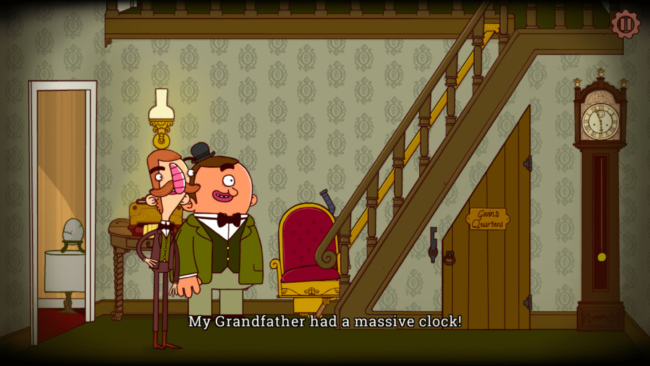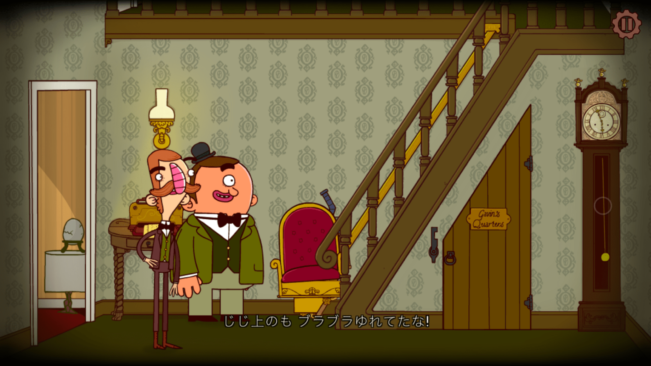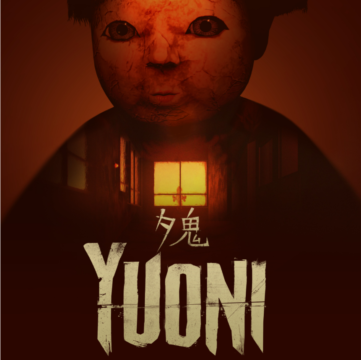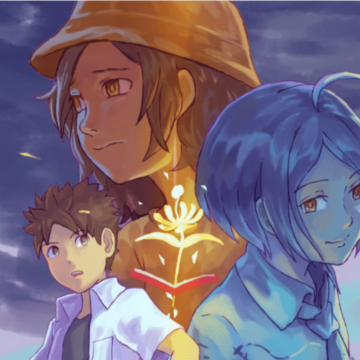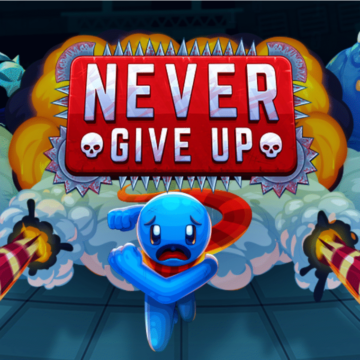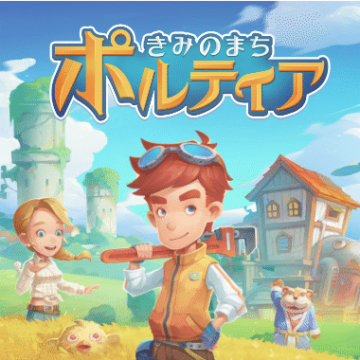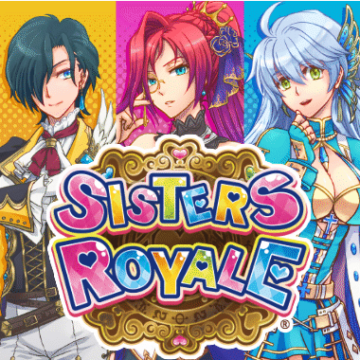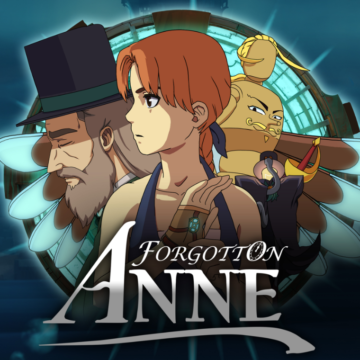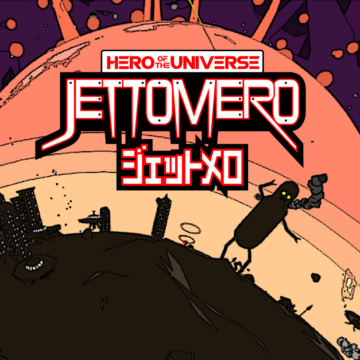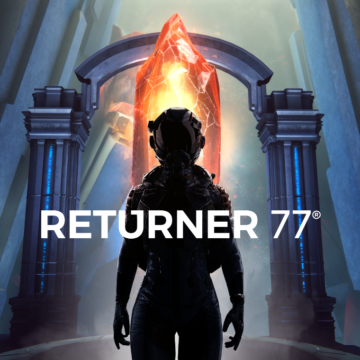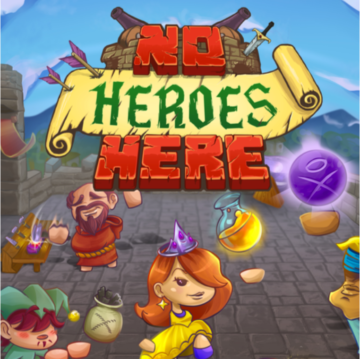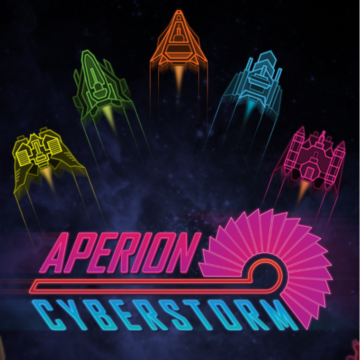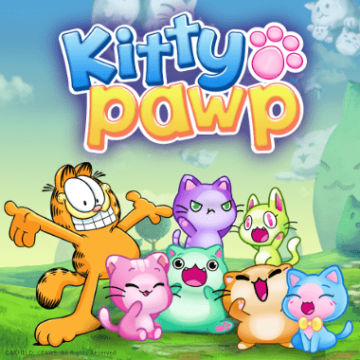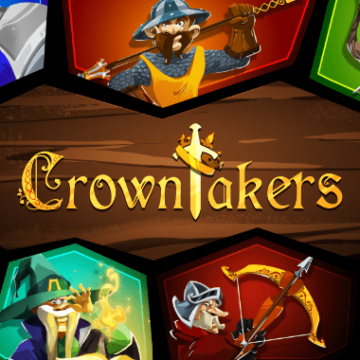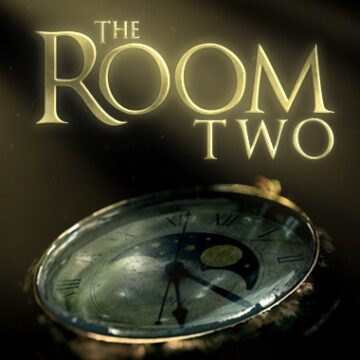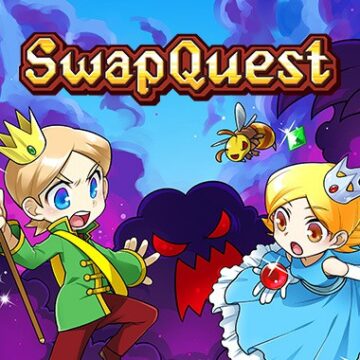Localization vs Translation
What's the difference between translating a game, and localizing it? Not much, if you're translating simple furniture assembly instructions, a recipe, or even basic business letters. The simple intent of translating is to take the words from one language, and convert them to another, with as much of the meaning intact.
When it comes to games, it's a different beast.
Imagine that last sentence. As a native or fluent English speaker, you understand that "a different beast" doesn't refer to an animal or fabled creature. It's an English idiom, and it's just a slightly more colourful way of saying "it's a different matter entirely."
One of Chorus' earliest published games was The Adventures of Bertram Fiddle: Episode 1: A Dreadly Business (we'll skip over the 2 colons for now). The game was developed by Rumpus Animation, a Bristol, UK based developer. Their goal was to create a humorous, puzzle-filled, point-and-click adventure, and they achieved just that. With its hilarious blend of double-entendres, eccentric characters, and made-up phrases, the game managed to re-create a Victorian London which delighted players and reviewers alike.
But then came the job of taking the game to Asian audiences.
Take the following example:
When the player taps on the grandfather clock, the hero comments "my grandfather had a massive clock!" For English speakers (especially UK English speakers), the intention is clear: it's a joke. It's simply there to add colour to the game, and encourage players to tap on other items to see what Bertram will say. The clock is a grandfather clock, and the joke is a not-so-subtle play on words. Email us if you want an explanation of the joke...
If we were to simply translate this into, for example, Japanese, it would be:
祖父は大きい時計を持っていた
Literally, "my grandfather had a massive clock."
Aside from the obvious loss of humour, it creates another problem for a Japanese player: misdirection. Bertram Fiddle is a point-and-click adventure, where the player needs to solve puzzles based on information and clues. If the player is simply told, when clicking on the clock, that it used to belong to his grandfather and that it was large, the player may be left wondering what to do with the clock. It's been established that the player's side-kick, Gavin, is strong and able to move large objects. Should Gavin move the large clock? Does the clock hold some kind of clue inside it? Of course not, it's simply a throwaway joke. So now the job of localizing vs translating comes to the fore. How do we let our Japanese player in on the joke, and also inform them that nothing further needs to be done.
This is what our team came up with:
じじ上のも ブラブラゆれてたな!
To re-convert this back into English, it would be "my grandfather's used to swing softly too!" In this way, the intention of the joke is preserved (OK, it's a joke about penises...), and the Japanese player can understand what the intention was, have a chuckle, and get on with the game.
This is just one example of many Chorus has dealt with. Another more serious example was when we were asked to check the text of a game that had already been "localized" by a different company. In this fantasy-based game, we found that the word "dwarf" had been translated as こびと (kobito). This translation failed on 2 counts: 1) "dwarf" in the context of a fantasy game is always ドワーフ, the phonetic translation of the English, and 2) the word こびと used to be applied to people with dwarfism, but is now considered taboo. Had the game released with this translation, it would have made the developer look both ignorant of fantasy nomenclature and insensitive.
Our goal at Chorus is to ensure that games developed in English can make the passage to Asia with the same intent that the developers had when making the game. To that end, we use only seasoned, native-language game translators, to ensure that every game we publish or consult on arrives on players' devices the way it was meant to be enjoyed.
Thanks for reading, and feel free to Contact Us about this or any other issue related to taking your game to Asian markets.

